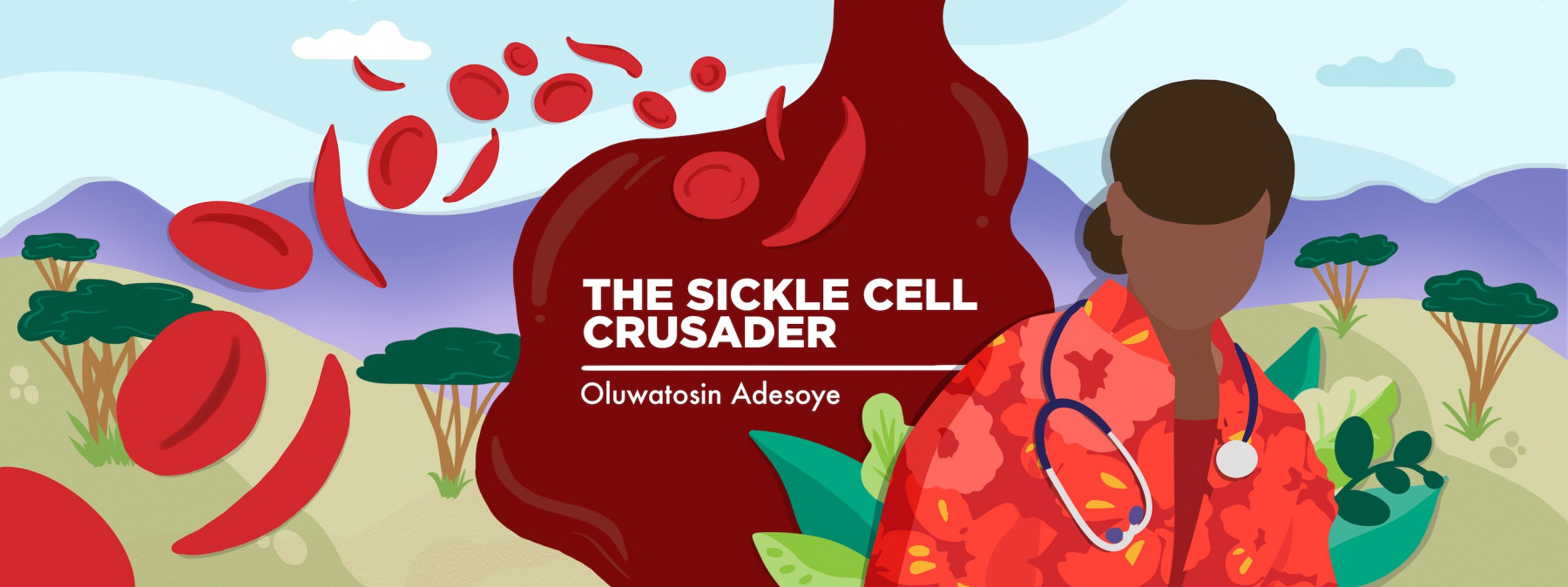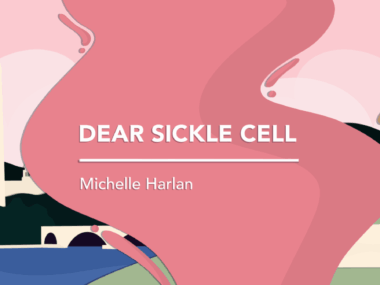How myths about sickle cell disease lead to stigma, discrimination
A columnist highlights common misconceptions and sets the facts straight
Written by |

Numerous myths about sickle cell disease persist globally, leading to negative attitudes toward patients. As a result, many people with sickle cell conceal their diagnosis and are reluctant to seek medical care and treatment to avoid facing stigma and discrimination. Their physical and mental health may also be affected by these harmful misconceptions.
This column will explore myths about the disease and their impact on our community.
Growing up in Nigeria, I often heard that sickle cell patients like me wouldn’t survive beyond age 18, though I didn’t believe this talk because I was always an optimistic child. Unfortunately, many young sickle cell warriors are deeply affected by this myth, causing them to experience constant fear and anxiety regarding their own mortality.
Another absurd myth is the belief that sickle cell disease is contagious. As a physician, I find the sheer ignorance amusing, given that sickle cell is a genetic disease that can only be inherited from one’s parents. However, it also deeply saddens me that this misinformation has resulted in the ostracism of many sickle cell warriors, making life more difficult for them.
Globally, a common myth is that sickle cell only affects Africans. While it’s true that the disease is most prevalent among people of African descent, it can affect people of any ethnic background. To ensure all patients receive a proper and timely diagnosis, it’s essential to acknowledge that sickle cell disease isn’t limited to any racial or ethnic group.
I’ve also heard the misconception that everyone living with sickle cell disease is slim or underweight. While thin extremities are part of the sickle cell habitus, this physical characteristic is not generalized. In fact, there are sickle cell patients who maintain an average weight or may even be overweight. We must correct this false notion about weight to avoid judging or mistreating patients.
Another myth I hear often is that those with sickle cell are lazy. This erroneous belief can result in workplace discrimination, with employers assuming that patients cannot perform their responsibilities. Although sickle cell disease is often invisible, this pervasive myth can make working difficult. It’s crucial to create an understanding, inclusive, and supportive work environment so that people with the disease can perform to the best of their ability.
Sickle cell patients may experience daily pain due to chronic pain, which is a complication of the disease. Hence, assuming that they are drug seekers seeking pain relief is often baseless and can result in incorrect treatment and further stigmatization of those afflicted with sickle cell disease
A more harmful myth may be that sickle cell patients are automatically seeking drugs, like opioids, because they’re addicts. The reality is that sickle cell patients may experience chronic pain syndrome, which is daily pain that may worsen with age. Unfortunately, many health workers assume that patients’ need for pain relief is too often unfounded, possibly resulting in improper treatment and further stigmatization of those with the disease.
Another fallacy is the hasty generalization that people with sickle cell disease are unable to have children. This idea is demonstrably false; many warriors do have children. Although the condition may affect fertility in some, it’s not a universal experience. It’s important to dispel this myth and recognize that it’s possible for sickle cell patients to start a family.
Here in Africa, the harmful belief that sickle cell patients are possessed by evil spirits has led to much stigmatization, abuse, and ostracism. For instance, young sickle cell patients in Nigeria were long called “abiku,” meaning “born to die.” It was believed that these children were destined to die young and return to their fellow evil spirits. To this day, some people still believe that those with sickle cell are possessed. Dispelling this myth is crucial to combating stigma and discrimination.
In conclusion, more awareness, education, advocacy, and support are necessary to address the myths surrounding sickle cell disease. Increased understanding will allow workplaces to provide essential resources and accommodations and enable healthcare professionals to provide appropriate care. By correcting these misconceptions, we can greatly improve sickle cell patients’ quality of life.
Note: Sickle Cell Disease News is strictly a news and information website about the disease. It does not provide medical advice, diagnosis, or treatment. This content is not intended to be a substitute for professional medical advice, diagnosis, or treatment. Always seek the advice of your physician or other qualified health provider with any questions you may have regarding a medical condition. Never disregard professional medical advice or delay in seeking it because of something you have read on this website. The opinions expressed in this column are not those of Sickle Cell Disease News or its parent company, Bionews, and are intended to spark discussion about issues pertaining to sickle cell disease.







Edison Mustapha Bundeh
This was a great write up Doc . I'm a medical officer living in Sierra Leone , a country in West Africa with an increasingly high cases of SCD . I think the awareness about the disease is really low . So this year , I'm dedicating my time to educate people about the disease .